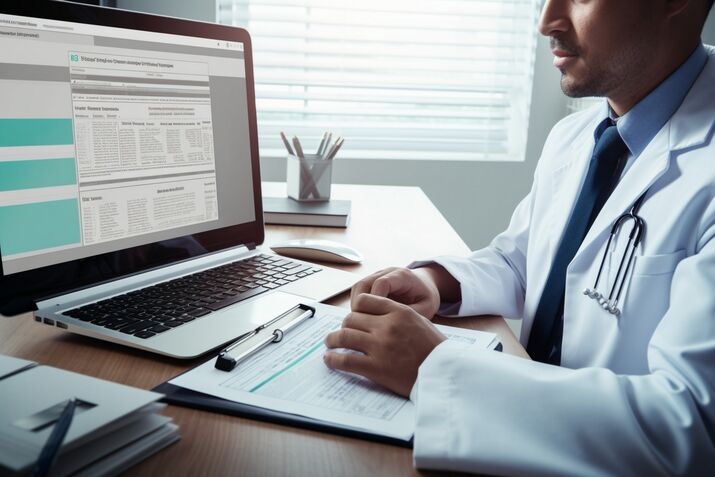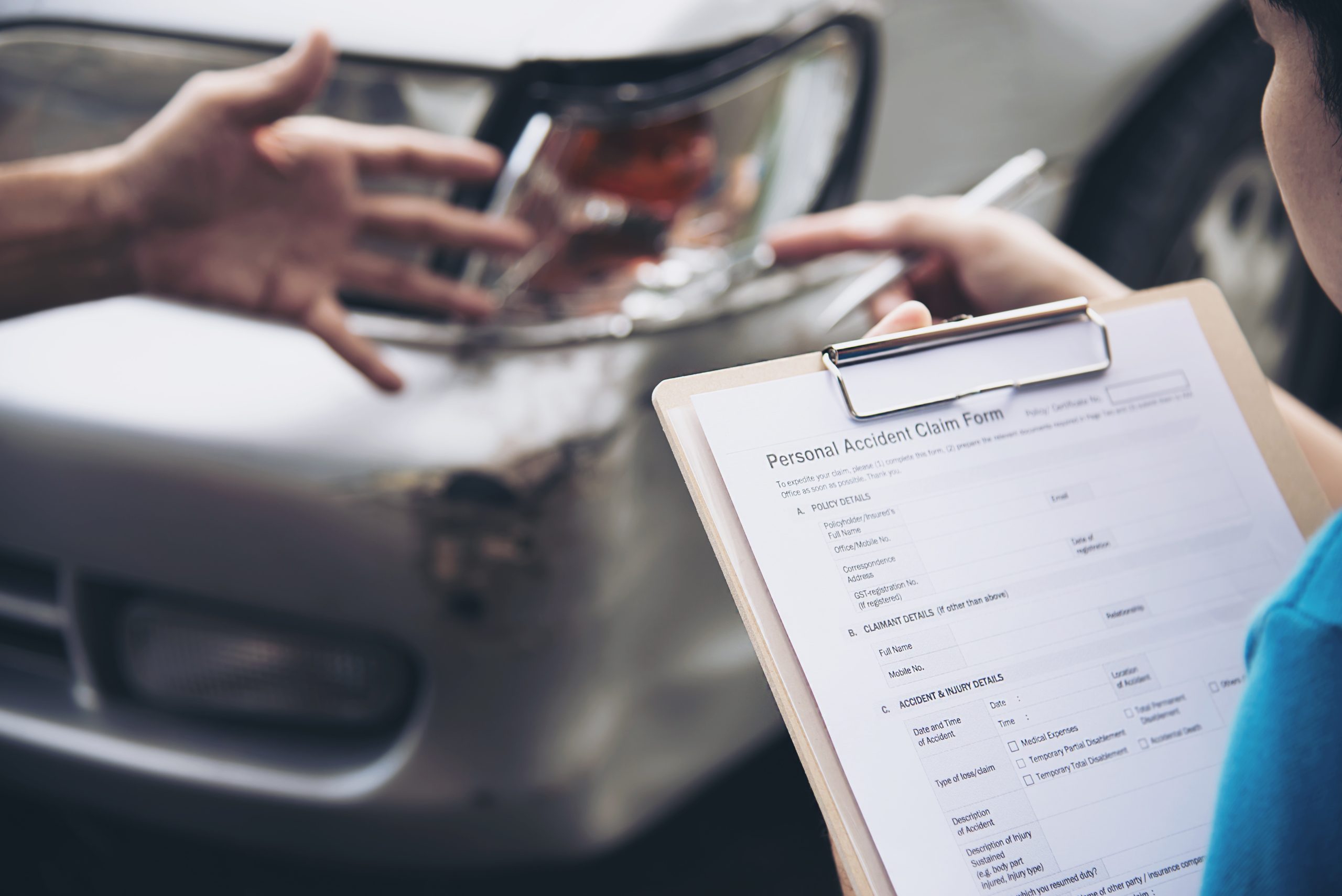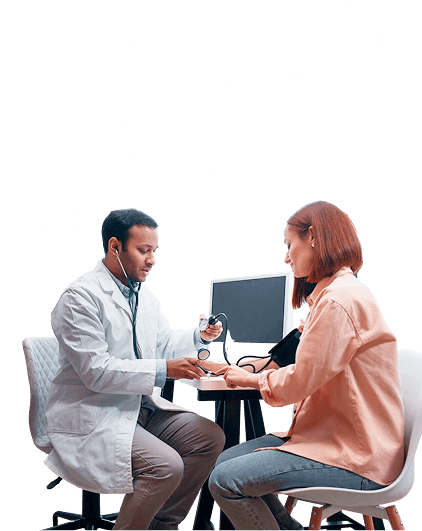Your medical records contain personal information about your health. This includes your doctor visits, test results, and prescriptions. It is important to keep this information private and protected. That is exactly what HIPAA does.
HIPAA stands for the Health Insurance Portability and Accountability Act. It is a law in the United States that protects your health information. HIPAA also gives you rights to control how your medical records are used and shared.
Let’s take a closer look at how HIPAA works and how it protects your privacy.
What Is HIPAA?
HIPAA is a law that sets rules for how healthcare providers, insurance companies, and others handle your personal health data. These rules are known as HIPAA regulations for patient records. HIPAA makes sure that your medical information is kept private and secure.
This law applies to doctors, hospitals, pharmacies, and even some health apps. HIPAA is one of the most important health data protection policies used today.
How HIPAA Protects Your Medical Records
HIPAA Privacy Rule
The HIPAA Privacy Rule protects your personal health information. It controls who is allowed to see and use your medical records. For example, your doctor can share information with other doctors treating you or with your health insurance company. But they cannot share your information with anyone else unless you say it is okay. This helps protect medical record privacy under HIPAA.
HIPAA Security Rule
The HIPAA Security Rule makes sure that your electronic health records are protected from hackers, leaks, and other risks. Healthcare providers must use secure systems, strong passwords, and locked storage. This is a major part of HIPAA data protection.
Even paper records must be stored in safe places, such as locked rooms or cabinets. This shows that HIPAA medical records protection covers both digital and paper records.
Your Rights Under HIPAA
HIPAA gives you rights so you can control your own health information. These are called HIPAA patient rights. Here are some of the rights you have:
- You can ask to see and get a copy of your medical records.
- You can ask to fix any mistakes in your records.
- You can ask who has seen your health information.
- You can choose who is allowed or not allowed to see your records.
- You can make a complaint if your privacy is not protected.
Notification if Something Goes Wrong
If your information is ever lost, stolen, or shared by mistake, your doctor or hospital must tell you. This is another part of HIPAA medical records protection. It gives you the chance to act quickly and protect yourself.
Why HIPAA Matters
HIPAA helps keep your personal health information private and secure. It gives you the right to control how your records are used. It also holds healthcare providers responsible for keeping your data safe.
With HIPAA in place, you can feel more confident when you visit the doctor, use a health app, or check your medical records online. HIPAA rules for sharing medical records, along with the privacy and security rules, are all designed to protect you. HIPAA is more than just a law. It is your partner in privacy and protection.








